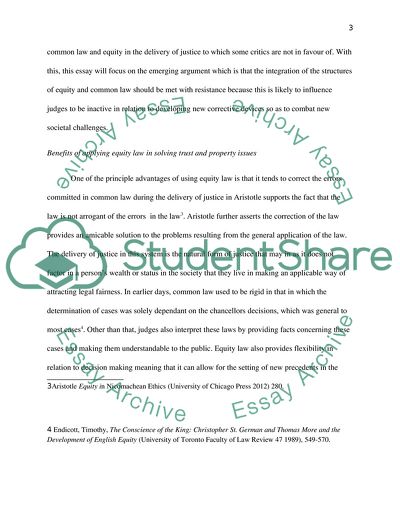Cite this document
(Discouraging the Application of Equity and Common Law Coursework, n.d.)
Discouraging the Application of Equity and Common Law Coursework. https://studentshare.org/law/1817446-equity-and-trust-law
Discouraging the Application of Equity and Common Law Coursework. https://studentshare.org/law/1817446-equity-and-trust-law
(Discouraging the Application of Equity and Common Law Coursework)
Discouraging the Application of Equity and Common Law Coursework. https://studentshare.org/law/1817446-equity-and-trust-law.
Discouraging the Application of Equity and Common Law Coursework. https://studentshare.org/law/1817446-equity-and-trust-law.
“Discouraging the Application of Equity and Common Law Coursework”. https://studentshare.org/law/1817446-equity-and-trust-law.


